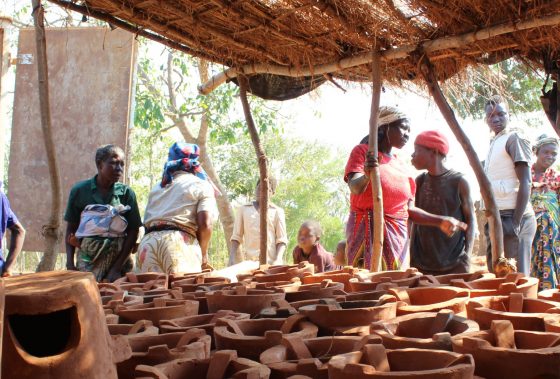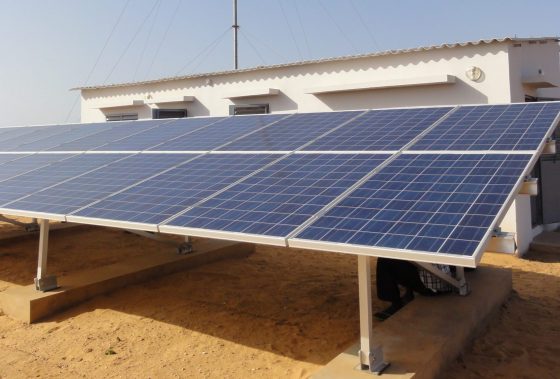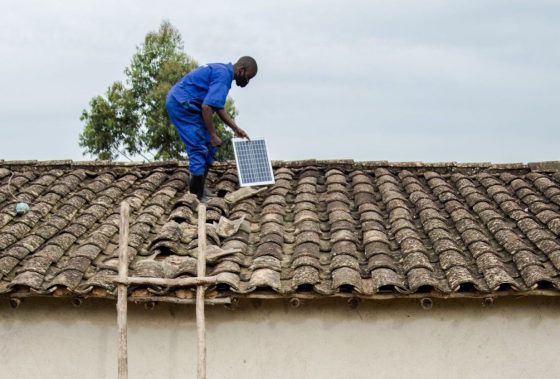
Burundi
In Burundi, according to a 2020 World Bank study, about 90% of rural households use three-stone fires and 99% of households use solid fuels as their primary fuel for cooking. Less than 2% of the population is estimated to have access to Improved Cookstoves (ICS), mainly through distribution supported by EnDev, the World Food Programme (WFP) and EU-funded programmes. Burundi is also one of the poorest countries in the world and has a rapidly growing population. Dependence on wood and charcoal has led to severe depletion of forests and soils. Households face high fuel scarcity and increasing fuel prices for cooking as well as soil erosion related to the overuse of biomass and health problems due to high levels of smoke exposure.
Technologies used in this project
- Improved cookstoves
Country data
- People with access to modern cooking energy: 197,131*
- MSMEs with access to modern energy services: 128*
- *Achievements from January 2021 until December 2024.
Approach
In Burundi, EnDev provides technical support to local producers of the “Biikigiti” improved cookstove to develop their autonomy and ensure sustainable dissemination of the improved stoves in the country. The AVSI Foundation, which implements the EnDev activities since 2021, collaborates with local administration, non-governmental organisations and the private sector (cooperatives, small traders, etc.), and has also established
partnerships with local media to strengthen awareness-raising campaigns on clean cooking through advertisements and radio broadcasts.
To increase the market and promote the employability of vulnerable groups, EnDev involves young unemployed people, mostly women, Batwa communities and Congolese refugees in the production and marketing of improved cookstoves. This strategy has been warmly welcomed by the target community and the local administration.

Impacts
Since 2021, EnDev has supported 62 producers through the provision of reliable tools and equipment. In 2024, EnDev focused on ensuring the availability of improved cookstoves, enhancing working conditions for producers and supporting vulnerable groups. The project has supported 20 new producers and upgraded 15 others through the provision of reliable tools and equipment in this year. This strategy has led to the creation of 400 jobs. In addition to technical training, support with tools and equipment and marketing, the project has focused on behaviour change and improving the social well-being of LNOB producers and vendors e.g. with support for savings, access to healthcare, and children’s education. 50 vulnerable families of LNOB-producers received health insurance cards and birth certificates for their children (essential for access to health care). They were also supported to set up a savings and loan fund, which has made it easier for each woman to obtain school supplies for their children. Following this success, the project has integrated another category of vulnerable people, made up of widows suffering from AIDS.


